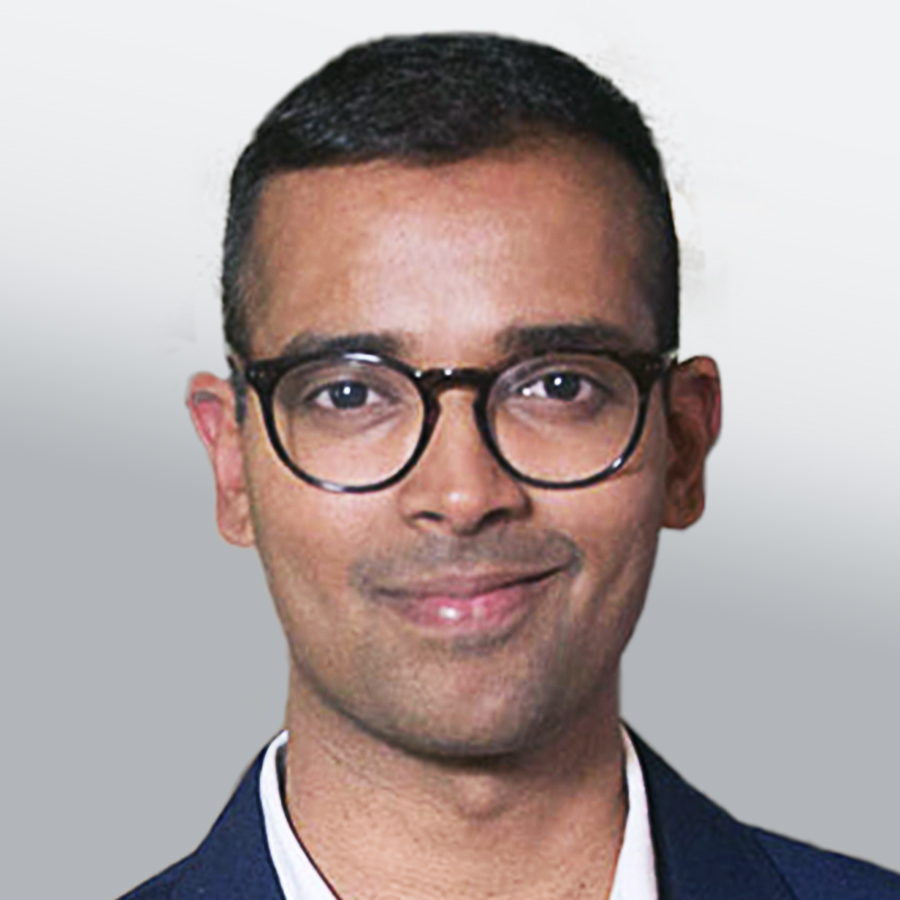Daily Discoveries
Born and raised in India, Dr. Gokul Swaminathan experienced disease first hand as a child, which he overcame, and witnessed others battle other fatal infectious diseases. This led to a fascination with pathogens and the way they interact with the body’s immune system.
After receiving a scholarship to study in the United States, Dr. Swaminathan became interested in turning foundational science into life-saving treatments for patients around the world – a process called “translational medicine.” Recognizing that he could achieve this goal through research, he joined Merck, where he works as an Associate Principal Scientist today.
“If someone had told me I would be a researcher in a major biopharmaceutical company, I wouldn’t have believed them when I was younger,” says Dr. Swaminathan. “I’m so incredibly grateful for all the opportunities I’ve received throughout the way.”

